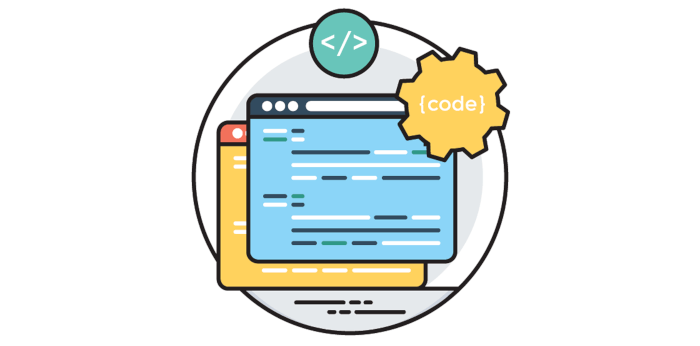Harlan is an open source declarative, domain specific language for programming GPUs. It serves primarily as a testbed for implementation and optimization techniques.
Harlan is a language for data parallel computing that has its roots in C and Scheme. Harlan’s syntax is based on Scheme, but several forms have been added to support parallel processing. One key difference is that Harlan is statically typed. The compiler infers the type for each expression, however, so the programmer is not burdened by type annotations.
The language is intentionally small, in order to simplify the process of exploring new analyses and optimizations.
Harlan requires an OpenCL implementation as well as Chez Scheme or Petite Chez Scheme.
Features include:
- Can be compiled to OpenCL and can make use of the higher-level languages, Python and Ruby. This enables it to be used by Intel’s OpenCL SDK, NVIDIA’s CUDA Toolkit, or AMD’s APP SDK.
- Syntax is based on Scheme, which is based on Lisp.
- Supports a number of different data types, such as integers, floating point numbers and strings.
- Supports Scheme-like vector accessing.
- Use external functions.
- Provides a small library of built-in functions.
Website: github.com/eholk/harlan
Support:
Developer: Eric Holk, Claire Alvis, William Byrd, Ryan Newton, Sajith Sasidharan, Greg Zynda
License: BSD 3-clause “New” or “Revised” License
Harlan is written in Scheme. Learn Scheme with our recommended free books and free tutorials.
Return to New Programming Languages
| Popular series | |
|---|---|
| The largest compilation of the best free and open source software in the universe. Each article is supplied with a legendary ratings chart helping you to make informed decisions. | |
| Hundreds of in-depth reviews offering our unbiased and expert opinion on software. We offer helpful and impartial information. | |
| The Big List of Active Linux Distros is a large compilation of actively developed Linux distributions. | |
| Replace proprietary software with open source alternatives: Google, Microsoft, Apple, Adobe, IBM, Autodesk, Oracle, Atlassian, Corel, Cisco, Intuit, SAS, Progress, Salesforce, and Citrix | |
| Awesome Free Linux Games Tools showcases a series of tools that making gaming on Linux a more pleasurable experience. This is a new series. | |
| Machine Learning explores practical applications of machine learning and deep learning from a Linux perspective. We've written reviews of more than 40 self-hosted apps. All are free and open source. | |
| New to Linux? Read our Linux for Starters series. We start right at the basics and teach you everything you need to know to get started with Linux. | |
| Alternatives to popular CLI tools showcases essential tools that are modern replacements for core Linux utilities. | |
| Essential Linux system tools focuses on small, indispensable utilities, useful for system administrators as well as regular users. | |
| Linux utilities to maximise your productivity. Small, indispensable tools, useful for anyone running a Linux machine. | |
| Surveys popular streaming services from a Linux perspective: Amazon Music Unlimited, Myuzi, Spotify, Deezer, Tidal. | |
| Saving Money with Linux looks at how you can reduce your energy bills running Linux. | |
| Home computers became commonplace in the 1980s. Emulate home computers including the Commodore 64, Amiga, Atari ST, ZX81, Amstrad CPC, and ZX Spectrum. | |
| Now and Then examines how promising open source software fared over the years. It can be a bumpy ride. | |
| Linux at Home looks at a range of home activities where Linux can play its part, making the most of our time at home, keeping active and engaged. | |
| Linux Candy reveals the lighter side of Linux. Have some fun and escape from the daily drudgery. | |
| Getting Started with Docker helps you master Docker, a set of platform as a service products that delivers software in packages called containers. | |
| Best Free Android Apps. We showcase free Android apps that are definitely worth downloading. There's a strict eligibility criteria for inclusion in this series. | |
| These best free books accelerate your learning of every programming language. Learn a new language today! | |
| These free tutorials offer the perfect tonic to our free programming books series. | |
| Linux Around The World showcases usergroups that are relevant to Linux enthusiasts. Great ways to meet up with fellow enthusiasts. | |
| Stars and Stripes is an occasional series looking at the impact of Linux in the USA. | |
